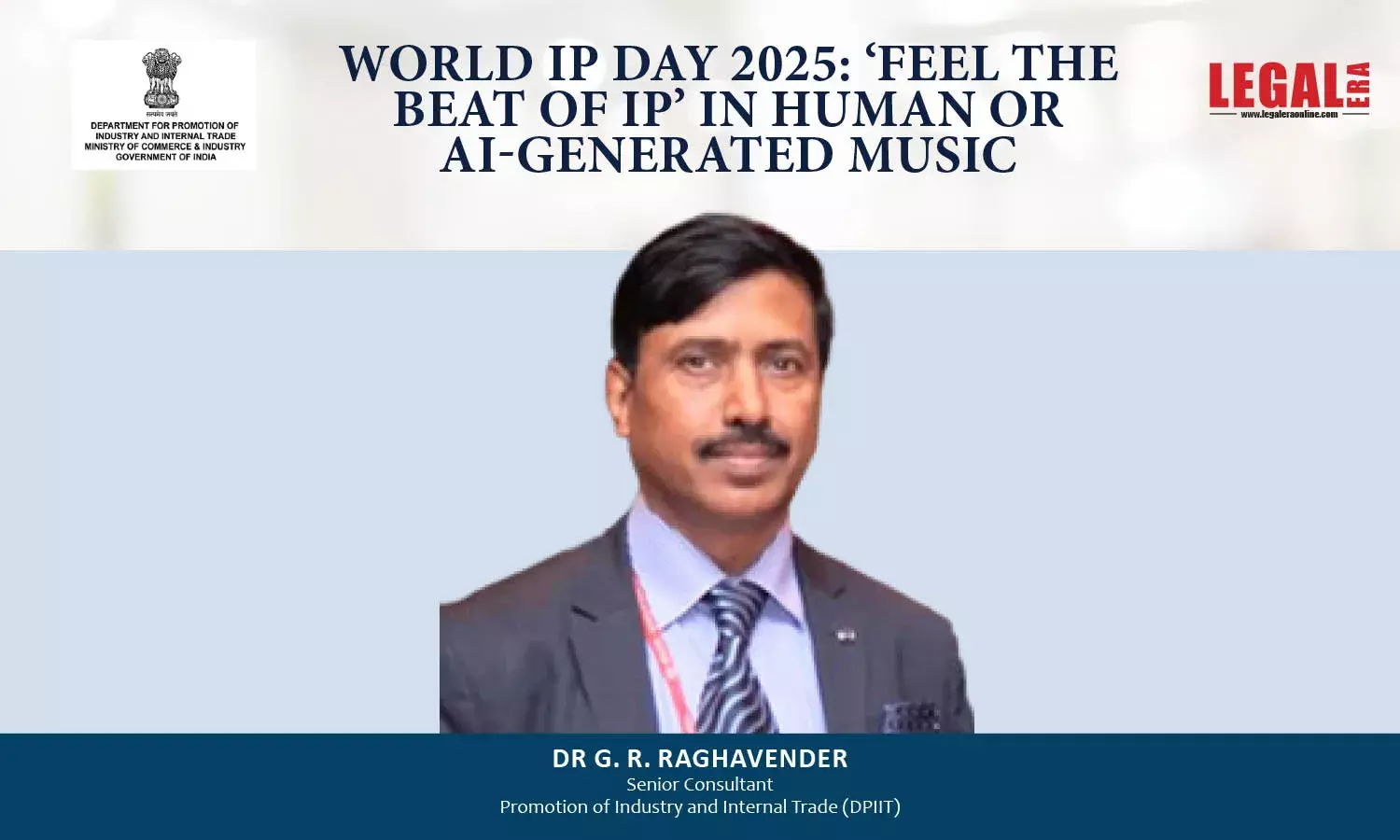Biscuits Bi'te Back !!!

BISCUITS BI'TE BACK !!! A Brief Look at the Recent Federal Court Decision in Munchy Food Industries Sdn Bhd v Huasin Food Industries Sdn Bhd1 The Federal Court in delivering its judgment, has now reaffi rmed the correct applicable test for actions in trademark infringement and passing-off and restored the position of claimants in actions A case concerning local competing...
BISCUITS BI'TE BACK !!!
A Brief Look at the Recent Federal Court Decision in Munchy Food Industries Sdn Bhd v Huasin Food Industries Sdn Bhd1
The Federal Court in delivering its judgment, has now reaffi rmed the correct applicable test for actions in trademark infringement and passing-off and restored the position of claimants in actions
A case concerning local competing biscuits manufacturers recently found its way to the highest court of the land resulting in a landmark decision reaffirming the legal principles in trademark infringement and passing-off. The case started at the High Court when the Plaintiff, Munchy Food Industries Sdn Bhd, initiated an action against the Defendant, Huasin Food Industries Sdn Bhd, for trademark infringement and passing-off. The Plaintiff's case was anchored on its rights in the LEXUS trademark used together with a distinctive get-up in relation to its biscuits products. The Plaintiff averred that the Defendant in the case had infringed its registered trademark and/or committed acts of passing-off when the Defendant used the trademark LEX together with features on its packaging which replicated the essential elements of the Plaintiff's get-up. As the Plaintiff's rights and priority to the LEXUS trademark and its get-up were well established, the only dispute was the issue of similarity between the respective trademarks and get-ups. It was thus a simple enough issue which was to be determined on the facts and the evidence led. This was what the High Court did, applying time honored principles on the elements and ingredients of trademark infringement and passing-off together with the well established rules of comparison in relation to conflicting trademarks and get-ups. In finding in favor of the Plaintiff, the usual remedies which included injunctive relief and damages were duly awarded. The Defendant appealed against the High Court's decision to the Court of Appeal. The main foundation of the Defendant's appeal was that the High Court erred in fact and law in its failure not only to appreciate the evidence led but also, as suggested by the Defendant, erroneously applied the rules of comparing conflicting trademarks and get-ups.
The Court of Appeal after hearing arguments by both parties allowed the Defendant's appeal and set-aside the decision of the High Court. Interestingly though, the Court of Appeal did not adopt or rely on the submissions raised by either party. Neither was there a consideration of the relevant rules and principles of comparing conflicting trademarks which formed the essence of the dispute. Instead, the Court of Appeal embarked on a coddiwompled journey leading to a significant departure from the established principles in trademark infringement thereby injecting a jurisprudential shift which undermined the very essence of trademark rights and its function and purpose in the course of trade and business.
The Court of Appeal in its decision took the liberty of placing heavy reliance on certain provisions in the Trademarks Act, which were previously alien in actions for trademark infringement and passing-off. First, the Court of Appeal suggested that Trademark laws were not meant to create monopolistic rights and thus parties to an action should always consider the possibility of co-existence through honest concurrent use. Essentially the Court of Appeal suggested that a prospective claimant should consider co-existence with an infringer with options of varying the trademark and the failure to consider these options could be fatal to the action. The suggestion of a claimant seeking co-existence with an infringing party together with the suggestion that the claimant amends its own registered trademark clearly would not sit well with the exclusivity guaranteed by registration which is the cornerstone to trademark rights. Neither would it be consistent with common sense by removing a vested right on the unfounded fear of the creation of monopolistic rights. What made the decision all the more troubling was the Court of Appeal expressly casting aside previous decisions of the courts not only in Malaysia but in other reputable commonwealth jurisdictions stating that jurisprudence developed over centuries was no longer good law as these decisions, according to the Court of Appeal, had failed to appreciate the legislative provisions and intent of the Trademarks Act in totality.
The repercussions of the Court of Appeal decision could not be downplayed. Not only did it affect the rights of the Plaintiff in the case, courts below were bound by this decision on the principle of stare decisis. Leave to appeal to the Federal Court was thus sought and granted. It is important to bear in mind that leave to appeal to the apex court is rarely granted unless the high threshold of showing that the case involved novel questions of law or questions of public importance were shown. Thus when leave was granted, there was tacit acknowledgment by the panel of judges hearing the leave application that there are sufficient aspects in the Court of Appeal decision which had to be reviewed and that further arguments at the substantive appeal would be necessary in the public interest.
On 5.10.2021, the Federal Court allowed the Plaintiff's appeal. In deciding as it did, the apex court reinstated the position in law and the relevant test applicable to cases of trademark infringement and passing-off. Rejecting the approach taken by the Court of Appeal, the Federal Court held that the Court of Appeal not only considered matters that were not pleaded, the Court of Appeal also injected new principles that were foreign to actions for trademark infringement and passing-off. Agreeing with the submissions of the Plaintiff's counsel, the Federal Court was also critical of the Court of Appeal applying provisions in the Trademarks Act in relation to the claim in passing-off despite passing-off being expressly preserved by the Trademarks Act.
CONCLUSION
The decision of the Federal Court reaches far and wide by consequently restoring the law back to its rightful place. The danger posed by the possibility of new principles and the imposition of additional conditions on prospective claimants in actions for trademark infringement and passing-off have been now removed. The Federal Court in delivering its judgment, has now reaffirmed the correct applicable test for actions in trademark infringement and passing-off and restored the position of claimants in actions. Given the current Federal Court's decision, rights of trademark proprietors will now be safely preserved, as there is no longer a need to satisfy the redundant obligations as set out by the Court of Appeal as an unnecessary prerequisite before initiating any action for trademark infringement and/or passing-off.
Disclaimer – The views expressed in this article are the personal views of the authors and are purely informative in nature.





